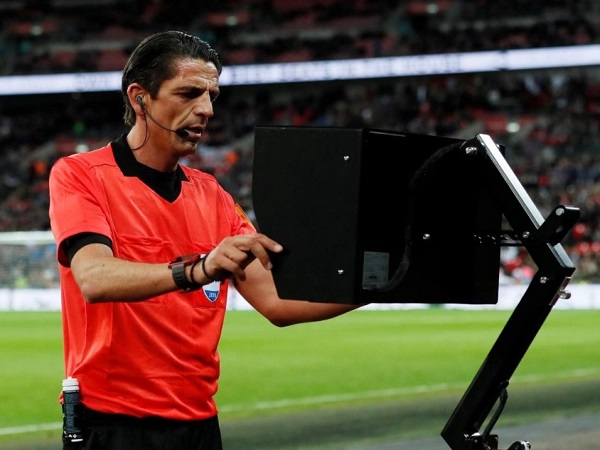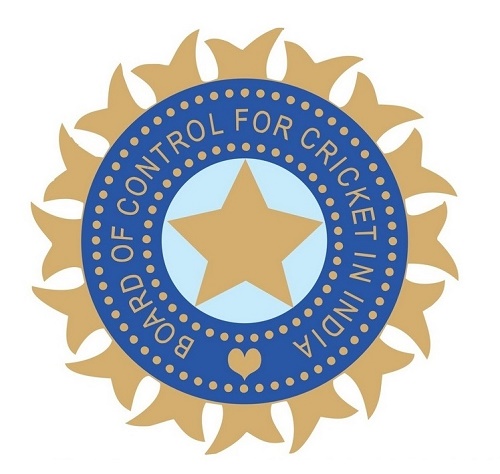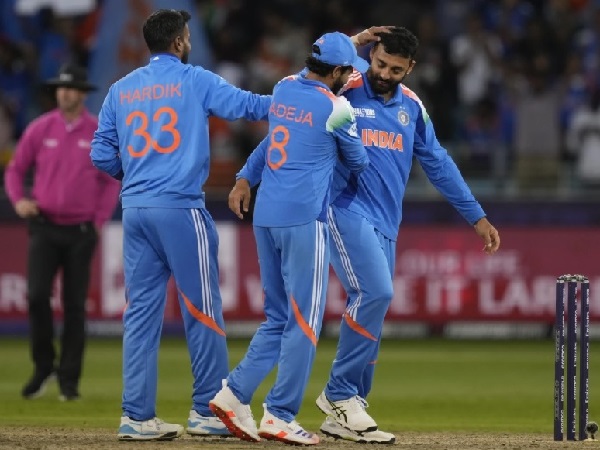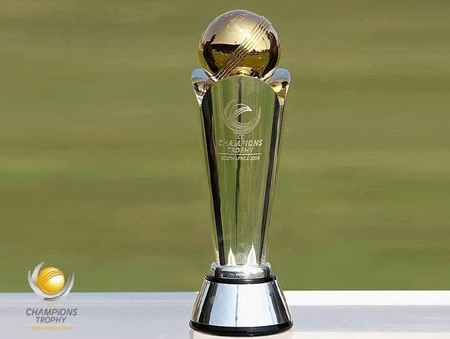UEFA has recently confirmed that they will be using VAR (Video Assistant Refereeing) for the knockout stages of this years’ Euro 2020 competition.
Their statement to the press said that VAR will be introduced for the first time in the history of the competition. The UEFA Executive Committee took the decision after VAR had been successfully introduced into several UEFA competitions that took place in 2018- 2019.

VAR was also introduced in the Champions League last season and the English Premier League (EPL) in the current 2019/2020 season. It was not, however, brought into the group phase of the Europa League competition.
UEFA’s Referee’s Committee Chairman, Roberto Rosetti, commented to the effect that VAR has been successful in the Champions League and he told of how positively it has impacted on the competition.
He said that in the 108 matches where VAR has been involved, it was responsible for overturning only 27 decisions that had been made. It means on average that a decision was altered once in every four matches. The point he was making related to the quality of the refereeing.
He also made positive observations that this season the time it took to make decision corrections averaged out at 1 minute 30 seconds; 15 seconds faster than the average last season. He made this point in response to criticism from Europe as a whole about the length of time VAR confirmations took and the lack of consistency.
The laws regarding handball have come under heavy scrutiny and have been the subject of much debate. So, too, have the regulations regarding the offside rule. The BBC sports commentators, in particular, have been saying that things have become far too forensic – something with which many fans of the game are in agreement.
The ex-Liverpool and Spurs player, Danny Murphy, is quite emphatic about the current state of VAR. In a recent interview, he said that in his opinion it hasn’t improved the game and that unless revisions are made to the way it is currently being used – it should go.
In response to the “too forensic” criticism, FIFA’s new Chief of Global Football Development (GFD), Arsène Wenger has commented that the ruling could be changed a little. This comes after VAR has caused hot debates regarding overturning a number of goal decisions for offside based on fractions of centimetres.
In Wenger’s own words, he referred to goals being disallowed due to “a part of a player’s nose being offside.”
At the moment, the way the law is couched is such that any part of a player’s body being offside will trigger an offside decision. Wenger is suggesting that this should be changed so a player is not deemed offside when a part of the body that can score a goal is in line with the last defender, despite other parts of the body being over the line.
This would certainly make some sense and would potentially stop some silly decisions being made.
If VAR had not been introduced into the EPL this season, it would have changed the standings of many teams. The givemesport.com website has done an exercise to show what the table would look like, which makes interesting reading.
As chief of GFD, Wenger also sits on the technical panel of IFAB, the International Football Association Board – a body that sets the laws of football. Wenger’s comments may, therefore, carry some weight.
Perhaps there will be further news when IFAB holds its annual general meeting at the end of February. We shall just have to wait and see. In the meantime, as well as VAR being used in Euro 2020, UEFA has indicated it will also be used in the 2022 World Cup qualifiers, the Women’s Champions League final, and the 2021 Women’s Euro competition.
buy xifaxan online www.blendedentalgroup.com/wp-content/languages/new/xifaxan.html no prescription













Leave a Reply